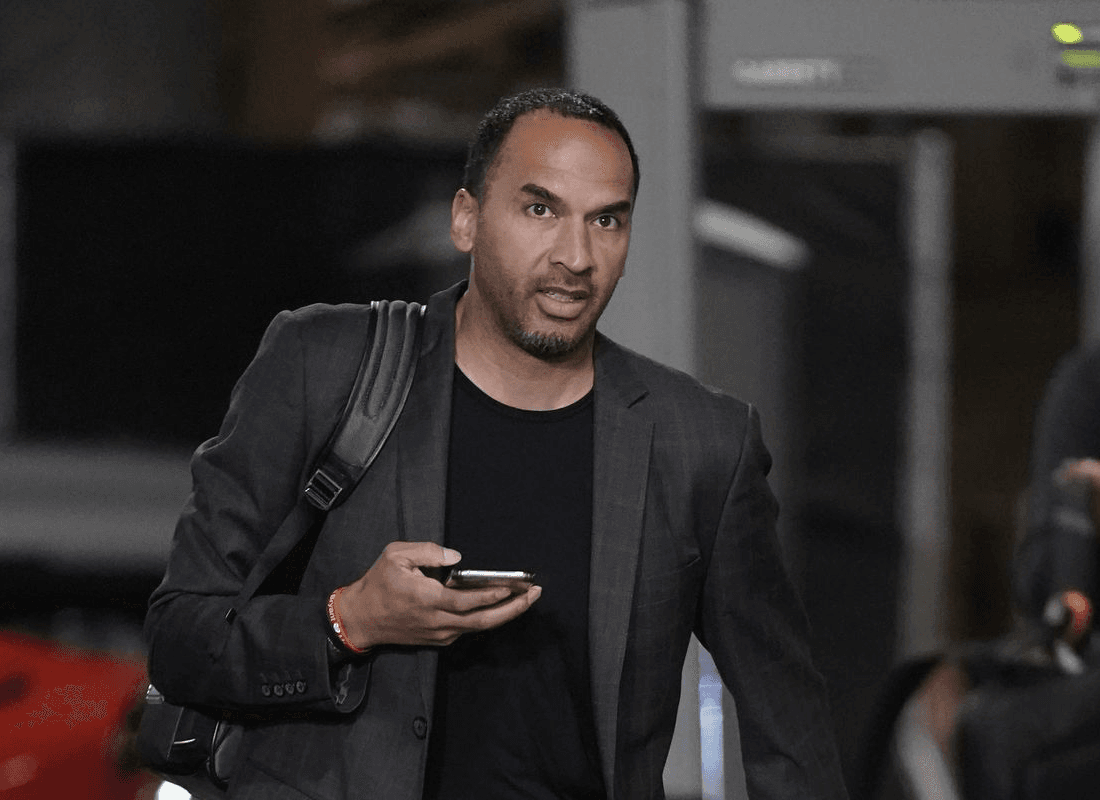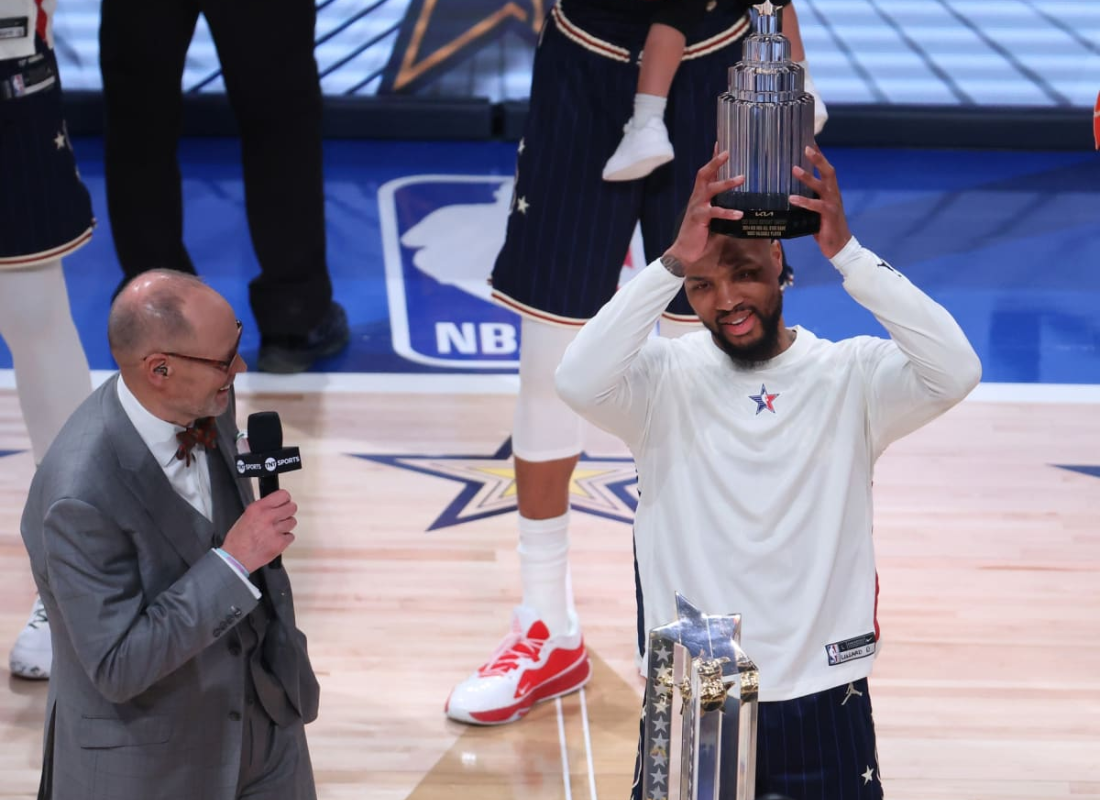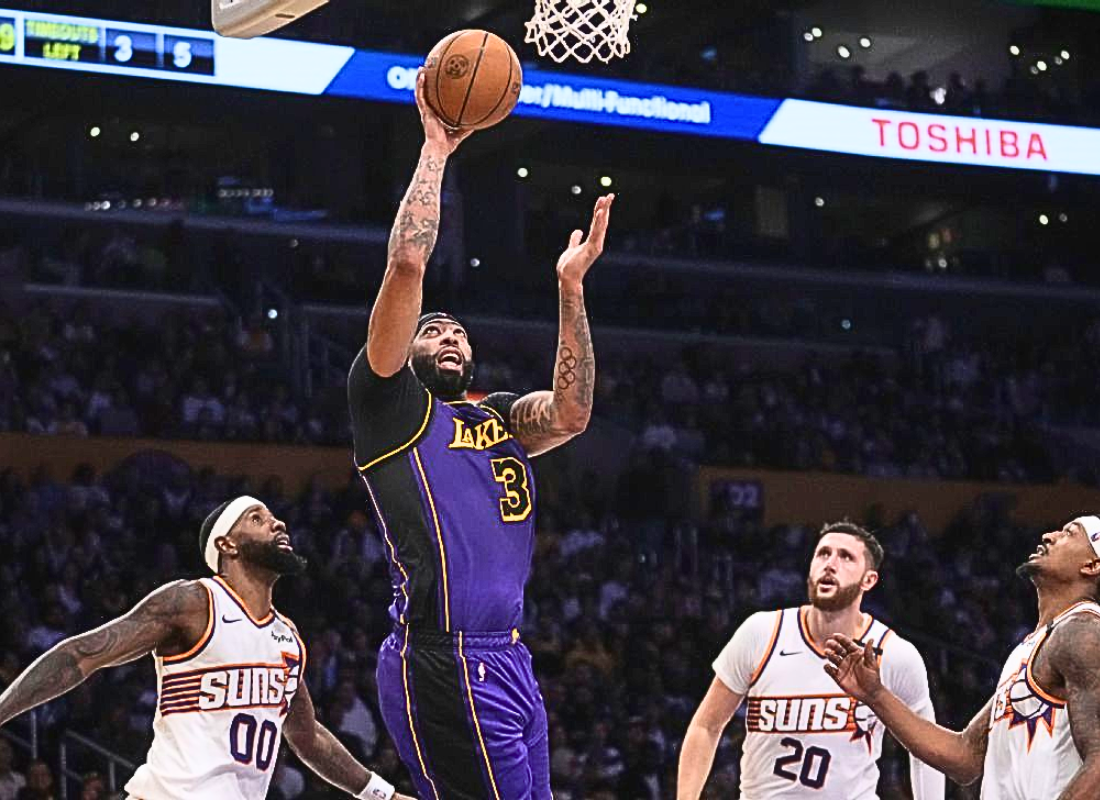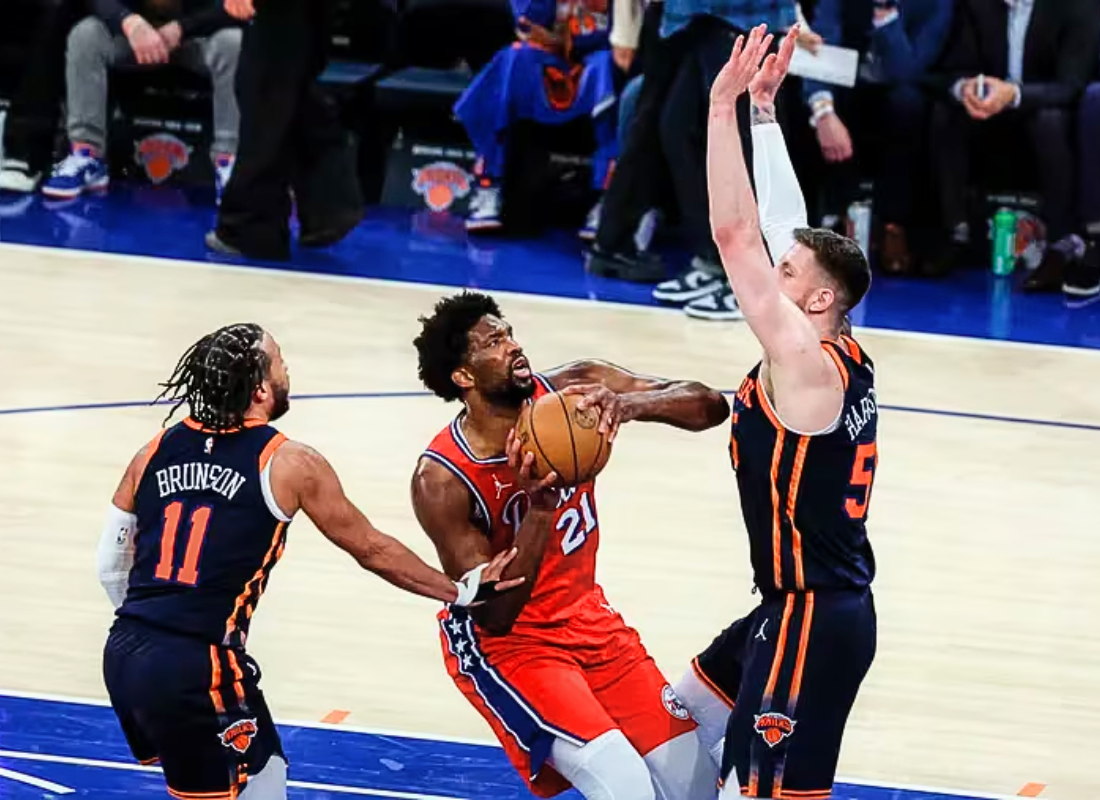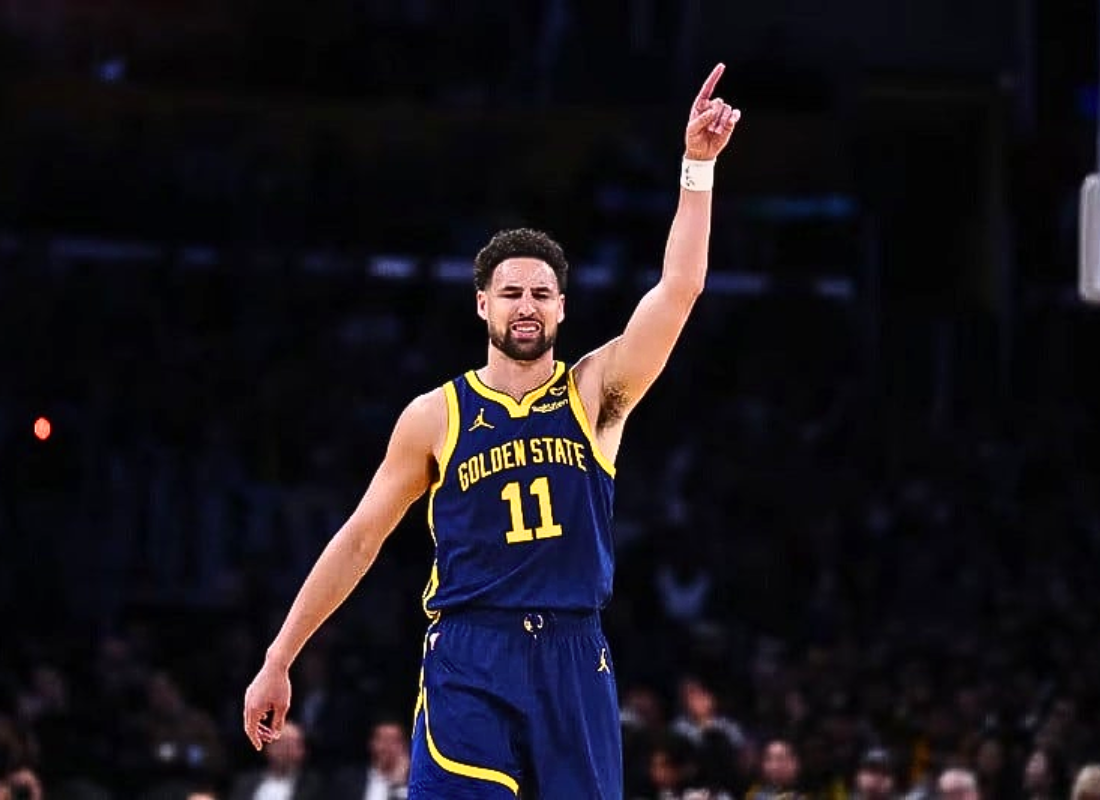Harrison unique history among NBA executives gives him a competitive advantage. Most NBA executives typically fall into one of two defined roles: those who prioritize analytics, akin to Brad Pitt’s character in Moneyball, or those who rely on traditional scouting, like Clint Eastwood’s character in Trouble with the Curve.
They tend to favor either nurturing young talent through the draft or acquiring experienced veterans to avoid a steep learning curve. In contrast, Nico Harrison breaks away from these conventions, and the stark difference between this offseason and the previous one exemplifies how his adaptability allows him to learn from his past errors.
8.2/10 Off-Season for Nico Harrison https://t.co/f7nR6m4ReU
— Daily_MAVS_NEWS (@DailyMavsNews) October 2, 2023
During the previous season, the Dallas Mavericks adhered to their long-standing tradition of undervaluing first-round draft picks by trading one for Christian Wood, a talented but unpredictable big man who has since moved to the Los Angeles Lakers.
Although the Mavericks did reenter the second round to select Jaden Hardy, it did not signify a renewed commitment to the draft, as they traded away two other second-round picks to make the move.
However, this offseason marks a notable departure from that approach. The Mavericks made the unpopular yet correct choice to prioritize tanking to secure their first-round pick. Contrary to the expectations of many pundits, they opted to utilize that pick instead of trading it for a seasoned veteran.
They did trade down two spots and used the assets acquired from that trade to reenter the first round, ultimately selecting Olivier-Maxence Prosper, who is regarded as the team’s most promising wing prospect since Josh Howard (excluding Luka Doncic, who does not fit the wing category).
Harrison once declared, “We are listening to everything,” and his actions align with this philosophy. This offseason, the Mavericks have become more athletically inclined and have bolstered their presence on the perimeter. These changes demonstrate a willingness to embrace diverse thought processes, which bodes well for their future prospects.
While some may interpret this shift in direction as a sign of indecision, it may actually reflect Harrison’s readiness to adapt and glean insights from past mistakes. Every decision-maker, no matter their stature, inevitably makes errors.
Even a luminary like Red Auerbach famously chose Joe Forte over Tony Parker, disregarding the recommendation of his entire staff. Ultimately, the key is to make more sound decisions than flawed ones, and one effective way to achieve this is by remaining open to unconventional approaches.
Harrison’s distinctive strength lies in his background as a deal-maker, honed during his tenure at Nike. When he assumed control of the Mavericks, the team appeared locked into a roster with limited room for maneuvering.
Nevertheless, Harrison orchestrated significant trades in each of the past two seasons. His adaptability grants him a degree of freedom that few other executives enjoy, and this adaptability has played a pivotal role in shaping a successful offseason, positioning the Mavericks favorably for the upcoming seasons.
ALSO READ:
- LeBron James’ post after Ohio State beat Notre Dame went viral
- Damian Lillard of Bucks awarded 2024 NBA All-Star Game MVP
- Chicago Bulls Select 6’5″ Guard in 2024 NBA Mock Draft

